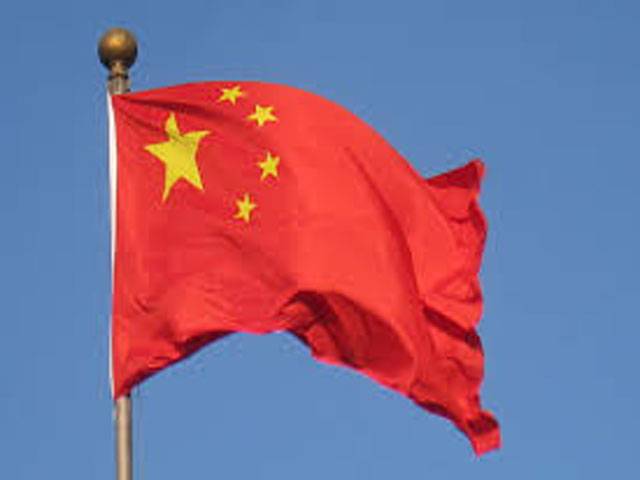BEIJING - China says it is trying to convince India on the regional benefits of China-Pakistan Economic Corridor (CPEC), a transportation project connecting southern China to the Arabian Sea through Pakistan.
“New Delhi is unhappy with CPEC but we are trying to convince it that this project has no political motives,” a Chinese official told a delegation of Council of Pakistan Newspapers Editors (CPNE).
“We have told India that the sole purpose of CPEC is to bring prosperity to the region and ameliorate the environment for durable peace,” said Chen Feng, Foreign Affairs counselor and Asia Division director.
He said the project’s basic aim was to enhance mutual interactions and transportation, so, this plan must be kept out of regional conflicts. Feng said China wanted more countries of the region to join this project.
To a question about Gwadar, the spokesperson said the final deadline for its completion could not be given. He said special zones will be set up while China was already making efforts to raise the living standard of the locals.
Talking about shortage of water in Gwadar, he said China had set up a small plant to fulfil the needs of its labour but it was insufficient to meet the local population’s needs.
About security and law and order situation, he said Chinese workers and companies were working in Pakistan, so, naturally their security was a matter of concern for Beijing.
But, Feng added, China was satisfied with the security situation in Pakistan, though there always remains room for improvement and in this context his country was in constant touch with Pakistan government and army.
To a query about Chinese veto to an Indian resolution against Jesh-e-Muhammad chief Maulana Masood Azhar, the Chinese official said the move was not in contradiction with Chinese policy in the context of BRICS declaration against terrorism.
He said BRICS countries had no such agreement as could bar them from following independent foreign policy.
He said China had time and again made it clear to India that Beijing was not pursuing an expansionist policy in the region. China wanted to make the CPEC a source for establishing brotherly ties with other countries on equality basis in a peaceful atmosphere.
Responding to different questions, the spokesman said Beijing was trying to resolve its border conflicts with New Delhi through dialogue and bilateral talks in a peaceful manner.
About Indian interference in its neighbours’ internal matters, Feng said China was using every possible avenue to convince India to give up that attitude.
He said China was not a party to Kashmir conflict and New Delhi’s allegation that Beijing was occupying a part of Kashmir was baseless. China has also been refuting these claims in the past, he added.
The spokesman said Kashmir was a bilateral issue between Pakistan and India and an early resolution of the problem would usher in a new era of peace and prosperity.
Answering questions about Dalai Lama, Feng said, they had raised their concerns with New Delhi over Dalai Lama’s activities in India.
But Delhi has assured Beijing that Dalai Lama has just taken refuge there and he and his followers would not be allowed to use Indian soil against China, he added.
About Afghan peace talks, the spokesperson said Beijing was in constant and close contact with Pakistan over the matter. However, at the moment, the atmosphere was not congenial for talks to achieve a peaceful settlement. A proper strategy will have to be chalked out in this regard, he added.
Feng said the US needed Pakistan help to fight terrorism. He said China was satisfied with Pakistan’s cooperation and its role in the fight against terrorism in East Turkmenistan.






